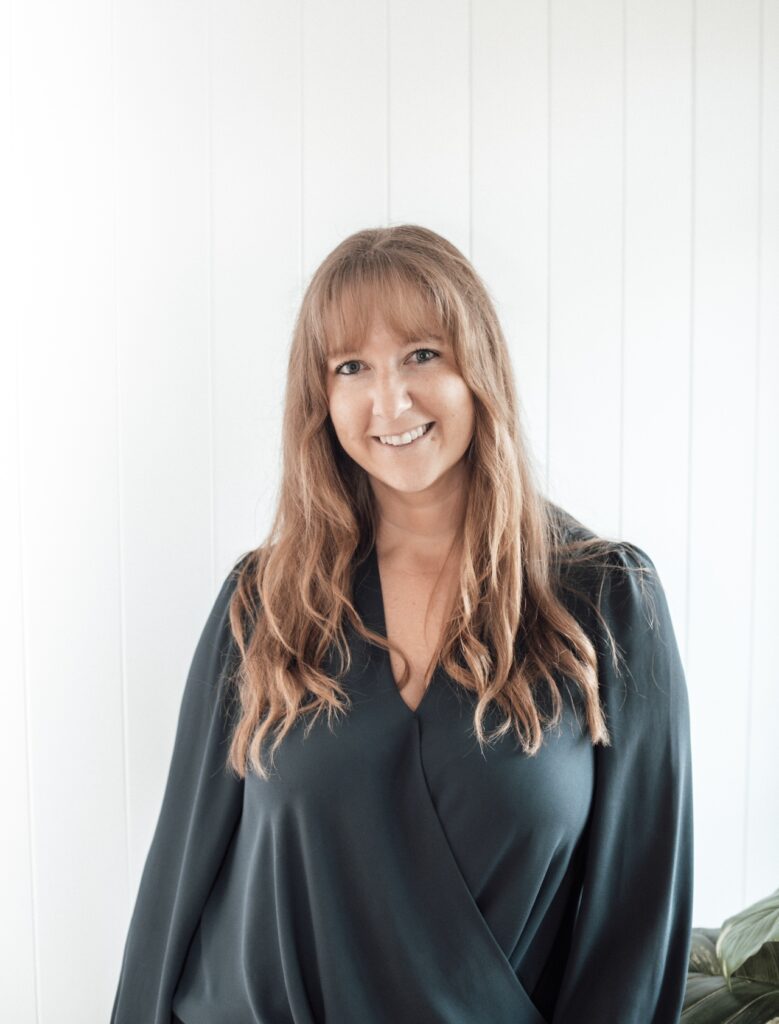In the sad event that a family breaks up, family reports have become important documents in court proceedings about the living arrangements of the children.
A family report can be ordered by a judge, or agreed to between the parents, and is conducted by an experienced psychologist or social worker with specialist training in assessing future parenting arrangements for families who’ve separated.
The report makes recommendations to the court advising on the parenting arrangements the report writer believes will be in the best interests of the children. While these recommendations are in no way binding on the court, they are likely to be persuasive on the decision of the judge about the future living arrangements for the children. The family report recommendations can also be used to assist and encourage the parents to reach an agreement and form a parenting plan to avoid court action.
What does the process entail?
A family report is based on interviews conducted by the expert, independent consultant with each parent, the children and anyone else who has a direct and significant connection with the children’s lives, such as grandparents or new partners of either of the parents. The report will include the findings gleaned from age-appropriate interviews with the children, as well as observations of each parent with the children and – if the case has gone to court – a review of any court documents, including any subpoenaed documents.

The interviews will generally be conducted at the offices of the consultant psychologist or social worker and parents should be aware they will need to set aside most of a day to partake in the process. Arrangements will likely need to be made for the children in terms of their absence from school in order to be interviewed, or their care during the time either or both parents are being interviewed. If younger, pre-school children are involved, the consultant’s office will generally have toys and books to keep them occupied.
How should you prepare for a family report?
- Stay calm and remember that this process is designed to work out what is in the best interests of the children. Emotional outbursts or score settling are not going to help your cause.
- Be truthful as an experienced report writer will easily spot inconsistencies in any account of the family situation, particularly as they also interview the other parent.
- State clearly what you personally wish to happen in terms of the parenting arrangements, including how your wishes impact on the children both positively and negatively.
- Show understanding of the other parent’s proposal for parenting arrangements and have a view on how it would work should their proposal be the one ultimately accepted.
- Avoid relying too heavily on written information as personal recollections and accounts of family life – your actual thoughts and feelings – will be far more genuine. Having said that, if affidavit material has already been filed in court proceedings, you should be familiar with it ahead of the report. If there are any concerns about the affidavit, take a note of them during the family report Interviews.
- Answer questions directly; avoid tangents and unnecessary detail. The report writer will ask for further details if required.
- Nothing you say to the report writer is confidential. Anything could end up in the report.
How should you prepare your children for a family report?
This is especially difficult, given the children may not have experienced an interview setting before and most likely do not know the consultant. The process can be scary and daunting for them, particularly at a time they already feel insecure. Obviously any preparation needs to take account of the children’s ages. Specific advice on preparing children of different ages for interviews with a family consultant can be found here on the Federal Circuit and Family Court of Australia website.
The report makes recommendations to the court advising on the parenting arrangements.
The simplest advice is:
- Keep the process simple and straightforward for children. Be clear about what is going to happen on the day and what is expected of them, without either exaggerating or minimising their role in the process.
- Under no circumstance should you coach them about what to say or not say. If this is detected by the report writer or, later, the judge, it can adversely affect your chances of securing the parenting arrangement you desire, opening yourself to challenge from the other parent.
- Ask them to be honest and answers questions directly.
In some cases an Independent Children’s Lawyer is appointed to help represent the interests of the children. In these cases, the lawyer should speak with the children ahead of the family report interviews. In some cases the lawyer may also help answer the questions for the children during the interview.
Other issues to note
If there is a Protection Order in place between the parties, this should be made known to the independent consultant so that the parties are kept separate in terms of appointments for conducting the family report.
If you need emotional support on the day of the interview, it’s generally acceptable to bring a close friend or relative along but it’s highly unlikely and also inadvisable that they will be allowed to sit on the interview. Avoid bringing anyone who has an acrimonious or contentious relationship with the other parent involved as this is inviting unnecessary conflict should their paths cross.
Once the interviews are conducted, the family report can be delivered any time from seven days to 21 days. If it was ordered by the court, the completed report will go to the judge first, who will then release it to each party via their lawyer (should you have one). If the report was agreed to privately between the parents, the consultant will release it to your legal representative or, if you don’t have a family lawyer, to you and the other parent directly. Remember that the report’s contents are confidential and not to be shared or distributed with family or friends.

The advice and guidance of a legal professional experienced in matters of family law, including the family report process, can be vital in these difficult circumstances. If you have questions about any of the issues raised in this article, contact trusted family law specialists Arbon Legal Group today on (07) 5562 0444 or info@arbonlegal.com.au




